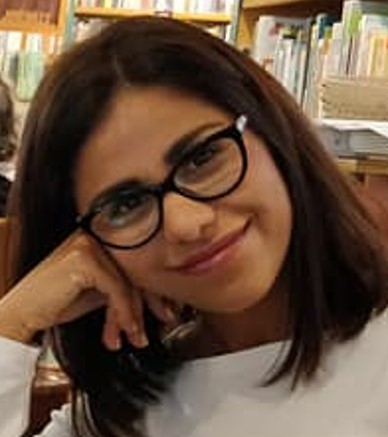VHDL by MOEA
Instructor:
- Dr. Yazmín Maldonado Robles
Abstract:
In the state of the art there are around 20 tools for HLS (High Level Synthesis) in FPGAs, some for academic purposes (free software), although most need a license that is not free. Of all these tools, only 6 are for academic purposes and none of these are focused on multi-objective optimization that can be done in HLS.
VHDL by MOEA is a free access tool that allows the user to give a behavior description in C language as input, which may contain logical and arithmetic expressions; shows the user the DFG that represents the semantics of the behavior description inserted as input; allows the user to select the MOEA (SPEA2, NSGA-II, NSGA-III) and its parameters for optimization; displays the target space while optimization is in progress, with the goal that the user visualizes the minimization of the target, delay, area, and power functions; it allows the user to select which solution they prefer, in addition to being able to select the any solution in the Pareto set. As output, it provides the user with the optimized VHDL code along with that a few basic schedules. This code can be downloaded and implemented in an FPGA using Xilinx Vivado or Intel Quartus.
Based on our review of the state-of-the-art, we can say that “VHDL by MOEA” is unique in its kind, since up to now there is no tool that converts C code to VHDL and optimizes 3 objective functions using a multiobjective approach. Furthermore, it allows the user to observe the evolutionary process in real time as it proceeds in objective space.
With VHDL by MOEA we have a specialized tool that allows inexperienced users in the area of artificial intelligence, multi-objective evolutionary algorithms and embedded systems - FPGAs, to use them without worrying about learning digital design or FPGA programming, none of which are trivial tasks. The tool is freely accessible and can be found online at http://201.174.122.25/vhdlbymoea/.
 |
Yazmin Maldonado Robles is an Electronic Engineer with a specialty in Power Electronics from the Technological Institute of Mazatlán (2006), obtained the degree with honors of Master of Science in Digital Systems from the National Polytechnic Institute (2008) and Doctor of Computer Science from the Technological Institute de Tijuana (2012). She is a research professor at the Technological Institute of Tijuana (ITT) in the Graduate Program on Engineering Sciences in the Department of Electrical and Electronic Engineering. She has directed undergraduate, masters and doctoral theses. Her work has been published in high impact journals, as well as international conferences and book chapters. She is the editor of 3 books from Springer, from previous NEO events. Member of IEEE and since 2014 belongs to the National System of Researchers Level I. Some of her scientific interests are fuzzy type-1 and type-2 systems, intelligent systems, digital systems, reconfigurable platforms and optimization algorithms. |

